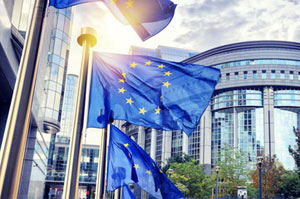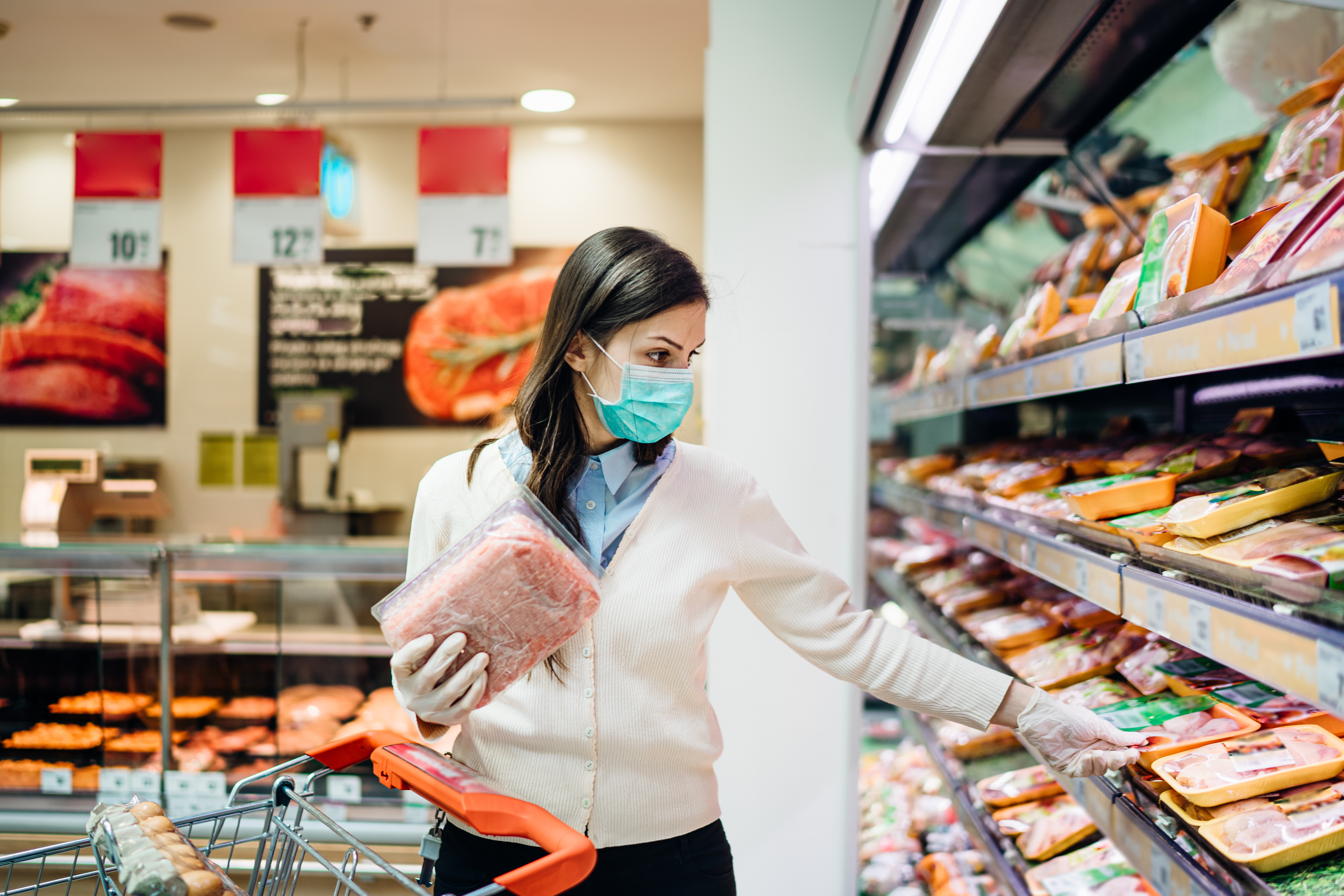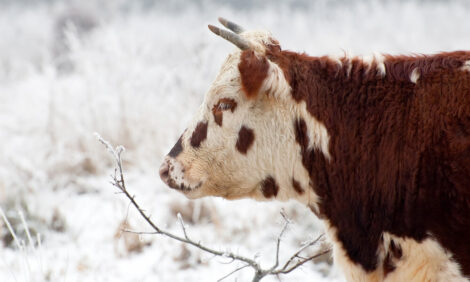



EU farming organisations take stand against proposed trade deal with Mercosur
EU farming unions have started a campaign to explain why they cannot support the EU-Mercosur free trade agreement as it stands.While discussions on the ratification of the trade agreement between Europe and the Mercosur countries resumed with the launch of the Portuguese Presidency of the Council, Copa-Cogeca, CIBE and AVEC have decided to launch a new campaign on social media to explain concisely and with concrete examples the fears that this agreement raises in the farming community.

In a 6-minute video launched on 11 February, the three European organisations are taking on the challenge of explaining the three main reasons why they oppose the agreement reached in June 2019. The video reminds us in its introduction that the agricultural community has been supportive of the EU trade agenda and has welcomed a number of them in recent months in the run-up to Brexit. However, as recalled by the European Parliament, the agreement with Mercosur appears to be quite different. As it stands, it is unacceptable to EU farmers at a time when they will have to find solutions to respond the Green Deal objectives.
The three main reasons given in this video are clear. First, the agreement with Mercosur is unbalanced in its agricultural chapter, especially for already fragile sectors. Through the example of the beef sector, it is easy to understand that this agreement is going to transfer the bargaining power from EU livestock farmers to big operators in Mercosur countries.
Secondly, European farmers rightly fear the cumulative and hardly measurable impacts of all the agreements already signed and those still to come. This was confirmed by the Commission study on the cumulative impact assessment on agriculture products. In this context, the EU-Mercosur agreement is the straw that could break the camel's back. The example given in the video speaks for itself: in the poultry sector, each year imports from Mercosur countries will represent the production of Denmark, Finland and Sweden combined.

The last essential argument featured is that the EU-Mercosur agreement will clearly widen the gap for EU farmers due to double standards for EU farmers. The example of the sugar beet sector is a symptomatic case. Through this agreement, Europe will import sugar and ethanol that in no way respects our production standards. According to CIBE; Brazil, for example, uses 27 herbicides and insecticides that are banned in Europe. While we are discussing ambitious targets under the Farm to Fork strategy, this double standard and unlevel playing field seems completely incomprehensible to the entire farming community and will inevitably result in a transfer of production to countries where we have no control over the setting of production standards.
It is therefore essential that the scrutiny procedure follows it’s normal course avoiding any loopholes. The European and national Parliaments must have their say and the voices of citizens, consumers and farmers must be heard.


